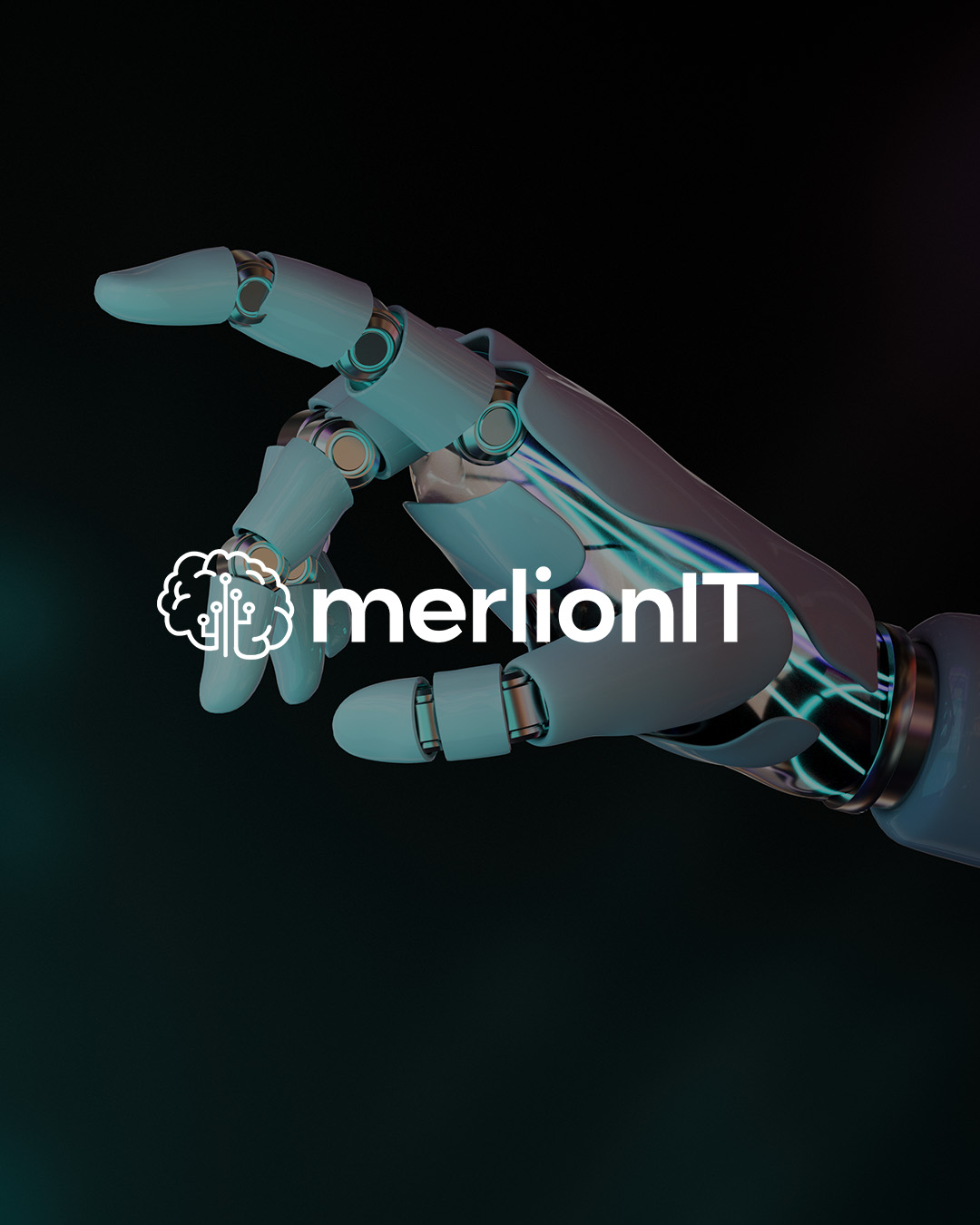The future of autonomous cars: When will we see them on the streets?

In recent years, impressive advancements in artificial intelligence, high-precision sensors, and machine learning have accelerated the development of autonomous cars. Major players like Tesla, Google (Waymo), and other automakers have invested billions of dollars to turn this vision into reality. But the burning question remains: when will we see these vehicles freely roaming the streets?
Companies worldwide have already begun testing this technology, particularly in public transport and logistics fleets. However, regulatory, infrastructure, and safety challenges still prevent mass adoption. Even so, evolution is inevitable and promises to transform not only the automotive industry but also sectors such as freight transport, corporate fleets, and urban services.
Businesses that anticipate this change and prepare for the new era of mobility will gain a significant competitive advantage. Imagine reducing costs with drivers, automatically optimizing routes, and increasing the safety of corporate transportation. The future is arriving faster than many expect.
Making autonomous cars a reality
The technology behind autonomous cars is a sophisticated combination of sensors, radars, LIDARs, and AI algorithms capable of interpreting the environment in real time. Companies like Waymo have already drastically reduced obstacle detection errors, while Tesla focuses on continuous improvement through machine learning and large-scale data collection. This means we are no longer talking about science fiction. Autonomous trucks and cars are already operating in controlled environments, and logistics companies are testing their effectiveness in reducing costs and increasing productivity.
Regulatory and infrastructure challenges
One of the biggest challenges for the definitive arrival of autonomous cars on the streets is regulation. In many countries, laws have not yet been adapted to allow vehicles without human drivers, and there are complex legal issues regarding liability in case of accidents. Another critical point is infrastructure. Highways and cities must be prepared for this new reality, with communication systems that integrate these vehicles with smart traffic lights, automatic loading and unloading zones, and a support network for maintenance and emergencies. Companies in the logi'stics and mobility sectors need to stay alert and closely monitor these changes to ensure a smooth transition to this new transportation model.
Opportunities for businesses that adopt this technology first
The key advantage of autonomous cars for businesses is cost optimization and operational safety. Companies that rely on freight transport, corporate fleets, and delivery services will see significant savings by reducing dependence on human labor, optimizing routes with AI, and eliminating costs associated with human errors. Imagine a fleet of corporate vehicles that self-manage, calculate the best route, and operate 24 hours a day without breaks—boosting productivity and drastically reducing delivery times. Businesses that quickly adapt to this trend will have a huge competitive advantage in the market.
The future starts now
Autonomous cars are no longer a distant promise; they are already being tested and, within a few years, will be fully integrated into our daily lives. Companies that see this trend as an opportunity and prepare for this transformation will lead the way. If you want to revolutionize how your company handles transportation and logistics, now is the time to start planning this transition.
Authored by Merlion IT
Transform the way your company handles transportation and logistics. Contact us today!



















